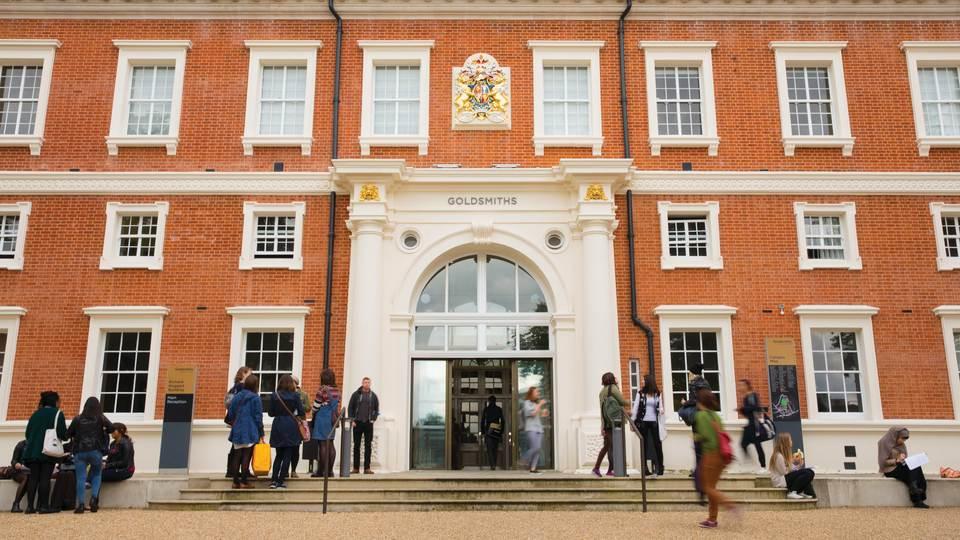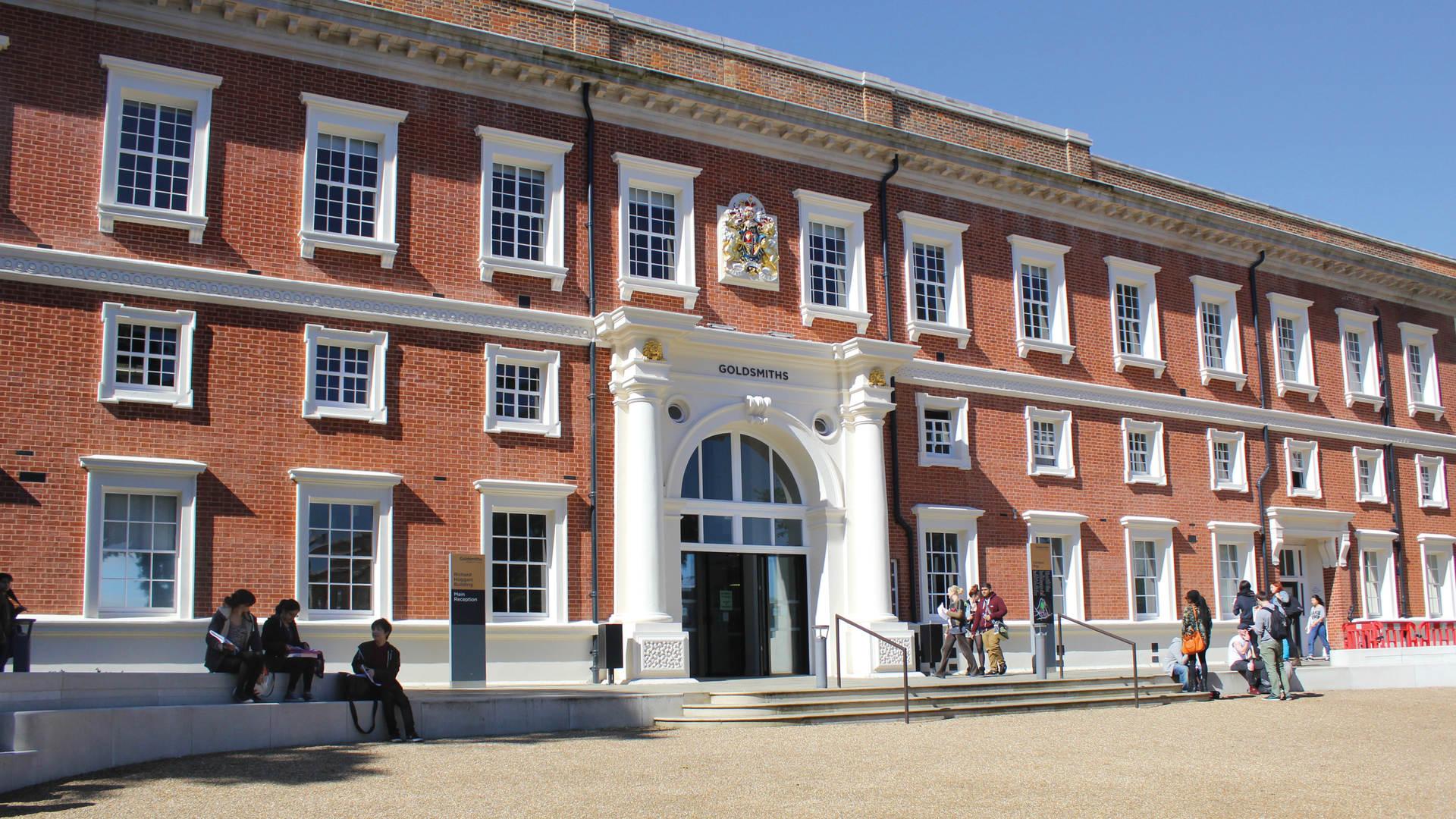Course information
Department
Length
1 year full-time or 2 years part-time
Course overview
Please note that this programme has been suspended for 2024-25 entry. You can explore other programmes by visiting our course finder.
Conceived in the context of world-systemic transformation, this MA will give you the analytical tools to understand contemporary developments and world(s) through an encounter with post-colonial theory and international political economic issues.
- We're witnessing today a tectonic shift in global geopolitics. The emergence of China, Brazil and India as global players, the development of global governance, the financial crisis, climate change – are all symptoms.
- On this Masters you’ll grasp concepts like race, diaspora, hybridity, difference, grassroots development, HDI, multitude, immanence, and human rights.
- These concepts are used to analyse practical, policy and activist issues arising from globalisation: global civil society, the role of international organisations (the IMF, WTO, UN and World Bank and global NGOs), intellectual property rights, social capital, financialisation, global governance and deep democracy.
- You'll deal with issues like terrorism, microfinance, indigenous people, gender and sexuality, multiculturalism and environmental justice.
- The MA is ideal for anyone pursuing careers in policy research, NGOs, advocacy, charities, international organisations, cultural and political activism, global media, art and curating, as well as for further academic work leading to a PhD.
Practical placement
- The Masters includes a supervised and assessed practical placement. This may be with NGOs in India or Africa, arts and conservation organisations in China, indigenous activists in Latin America, London-based global NGOs, diasporic communities, think-tanks, environmental organisations, publishers or financial/microfinance organisations.
Leading theorists and visiting lecturers
- You'll be taught by leading theorists and visiting lecturers drawn from a wide circle of activists, artists, film-makers, lawyers, economists, journalists and policy-makers.
- The Department of Media, Communications and Cultural Studies has been ranked 2nd in the UK for 'world-leading or internationally excellent' research (Research Excellence Framework, 2021) and 16th in the world (3rd in the UK) in the 2024 QS World Rankings for communication and media studies.
Contact the department
If you have specific questions about the degree, contact Dr Oana Parvan.





